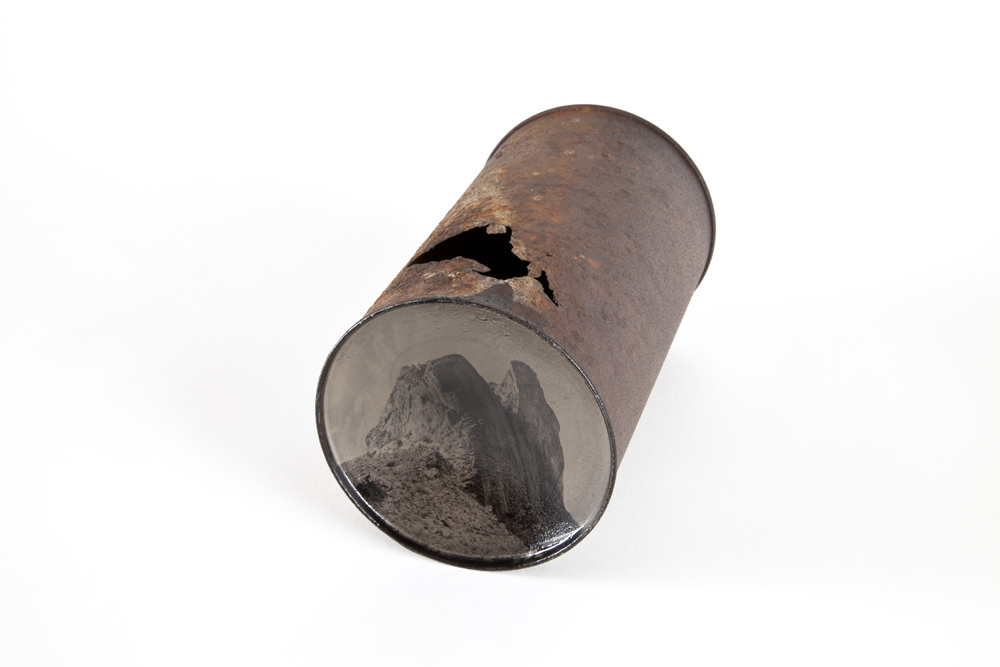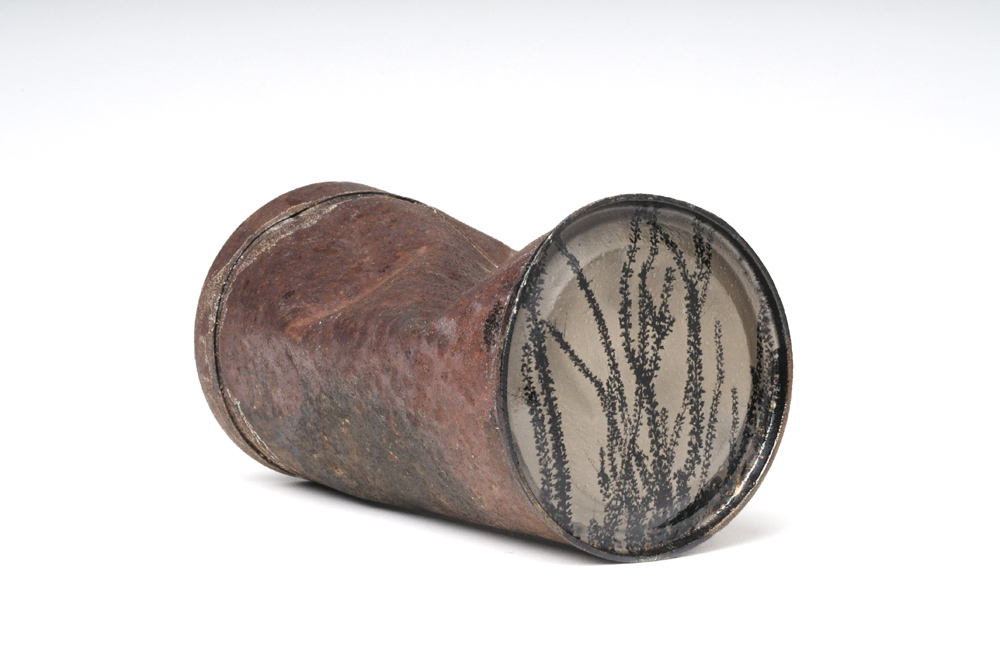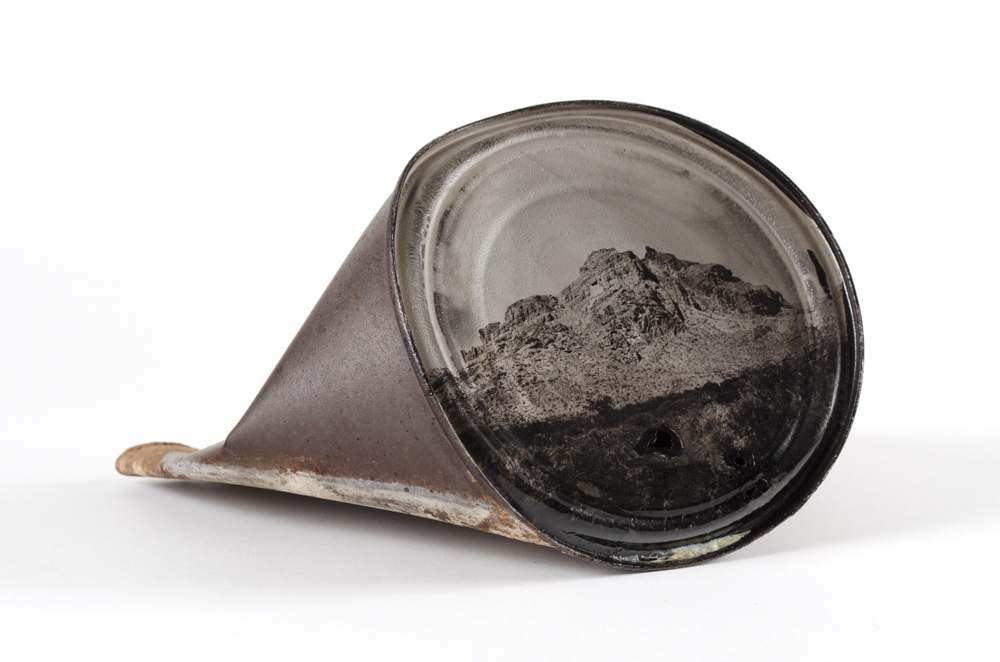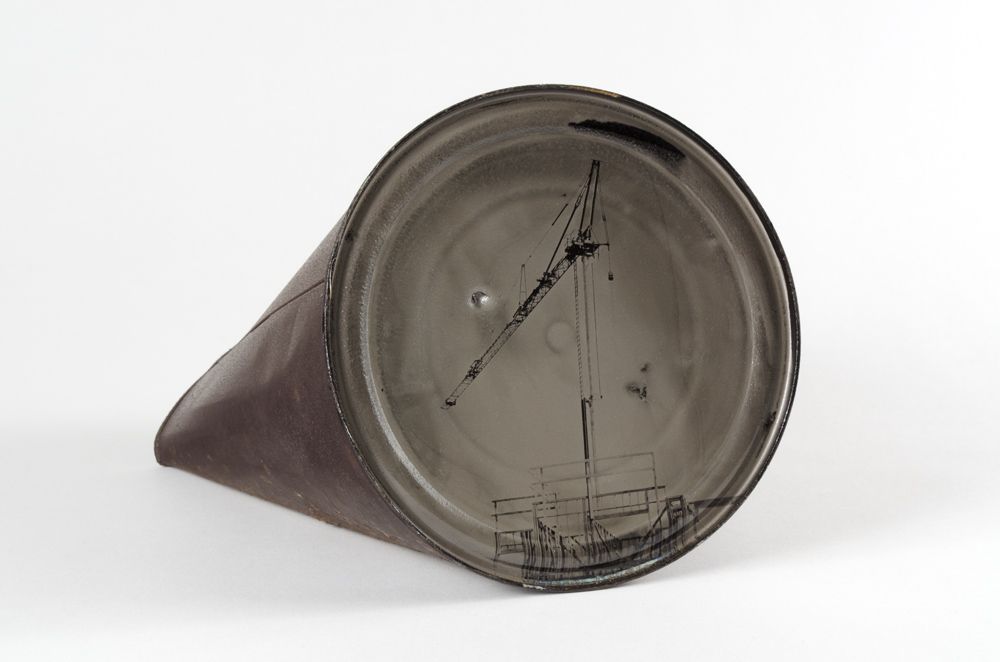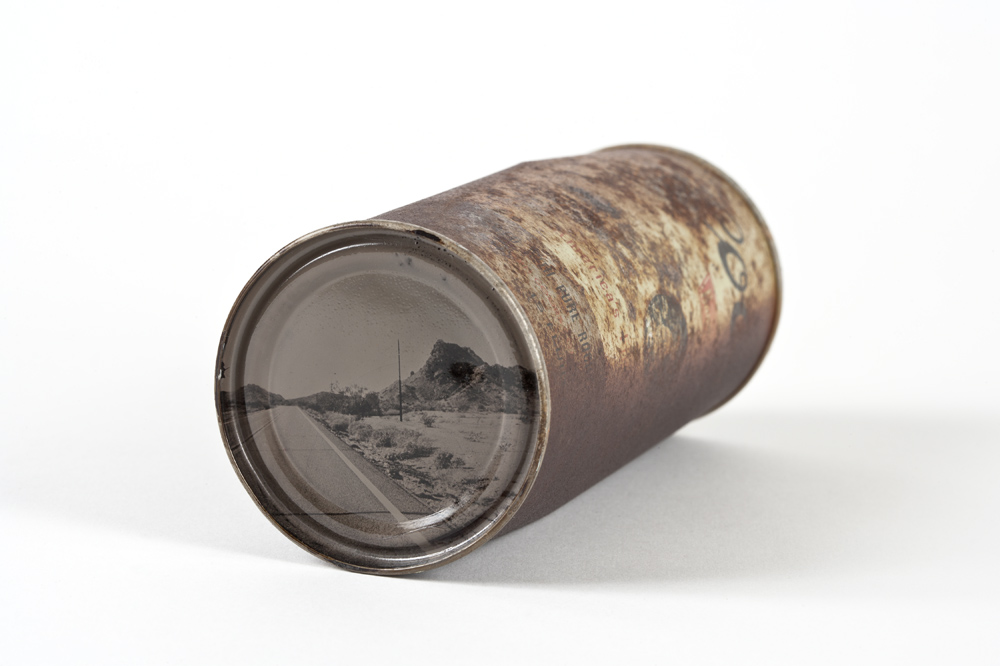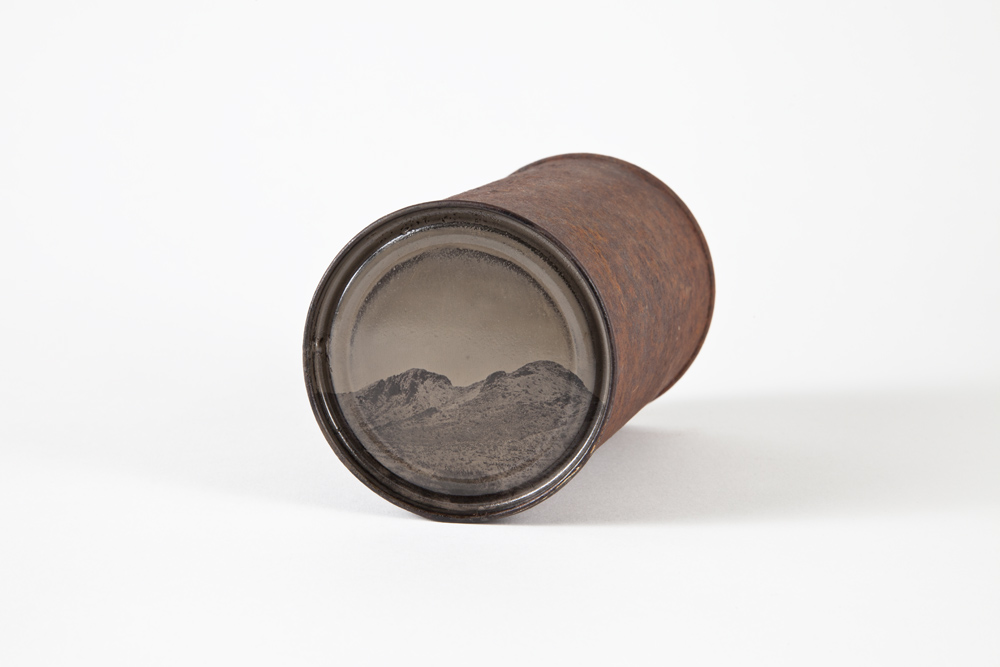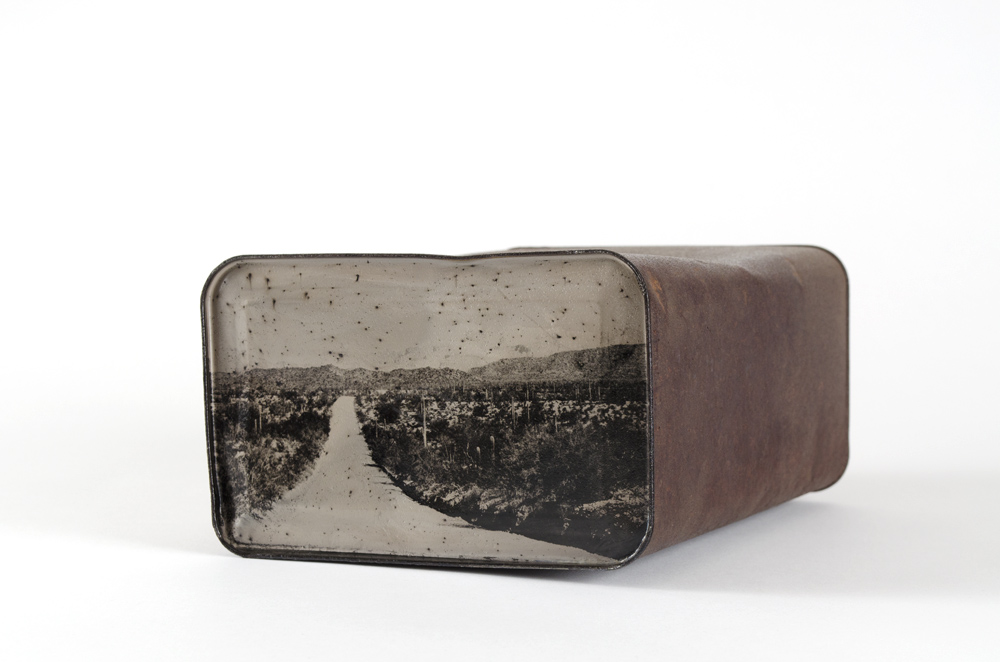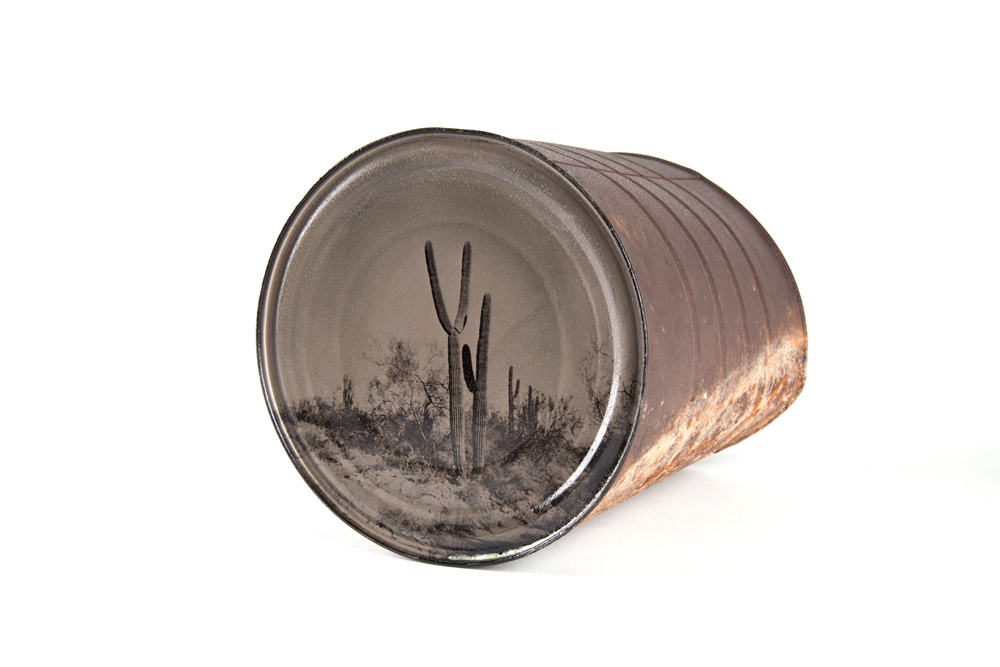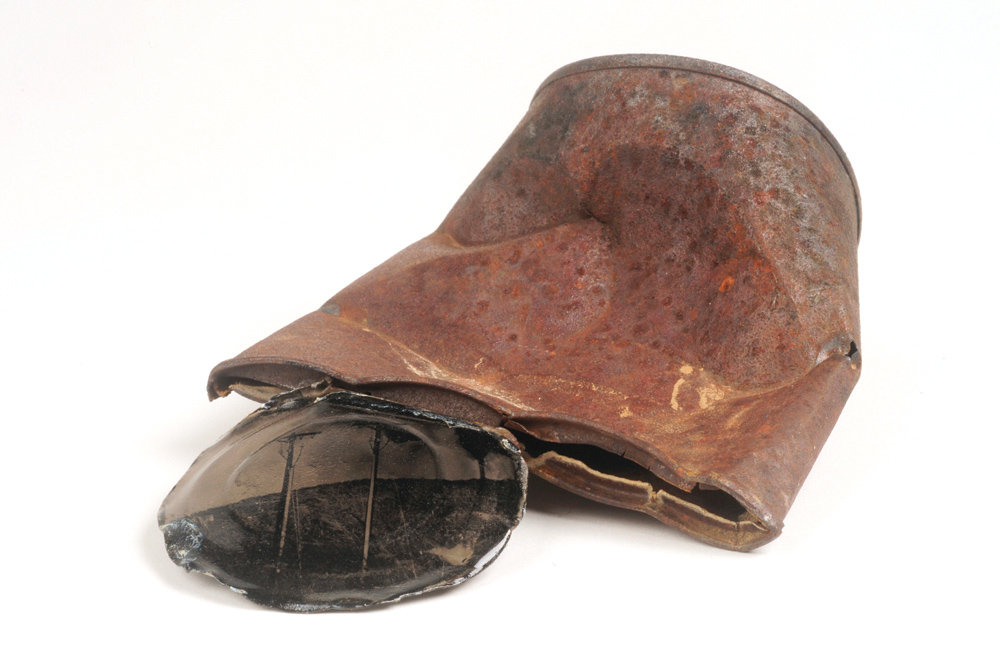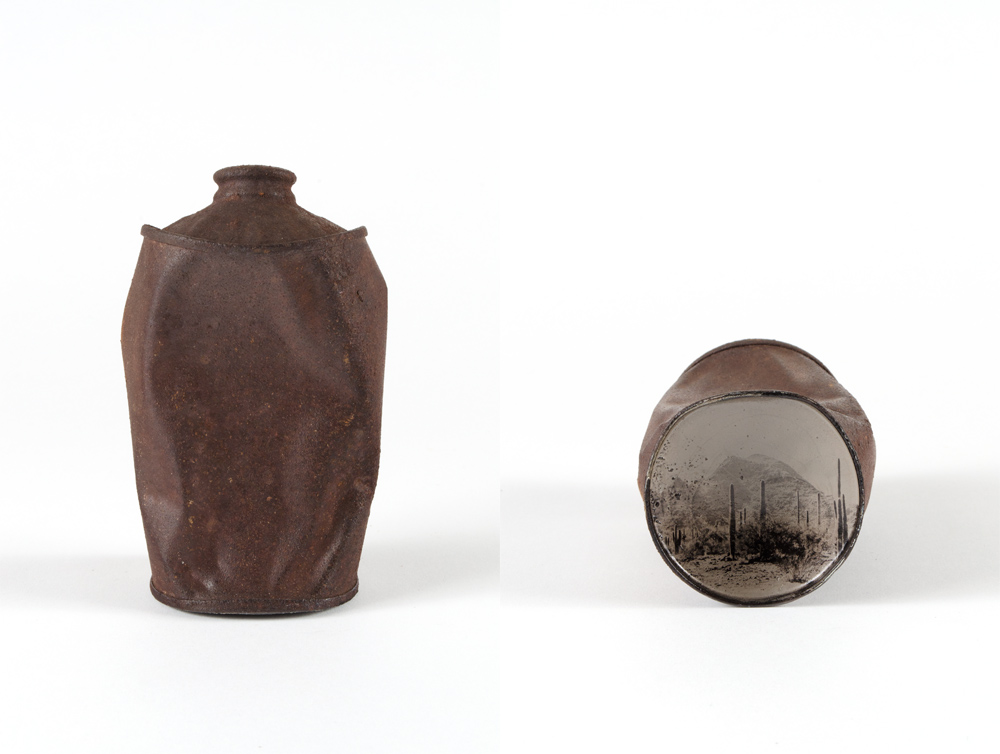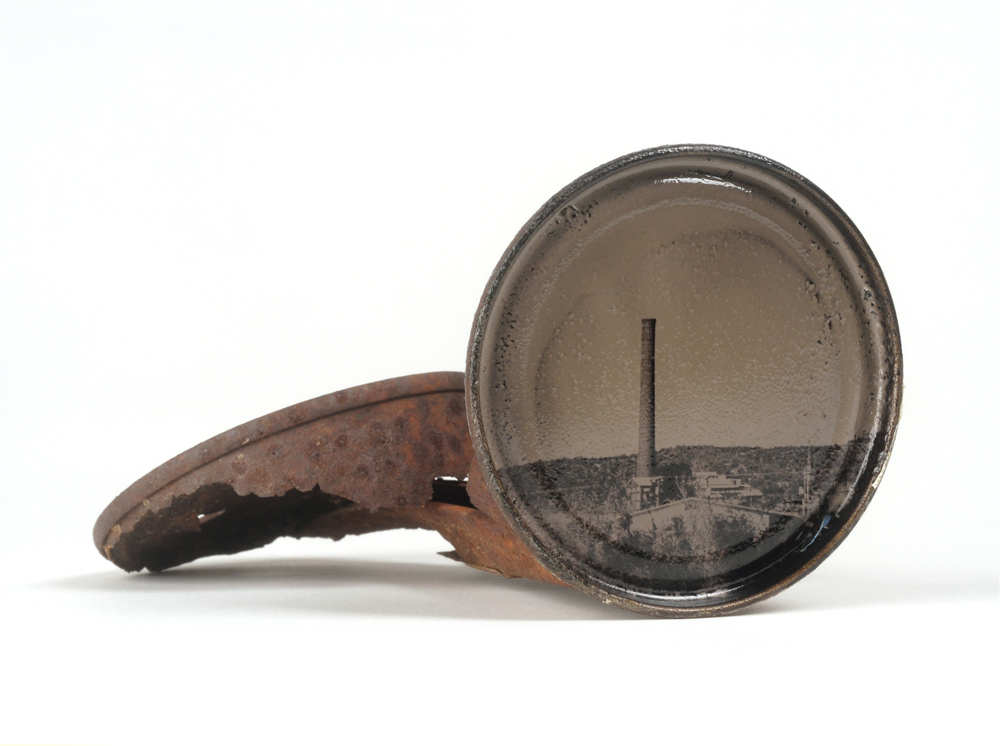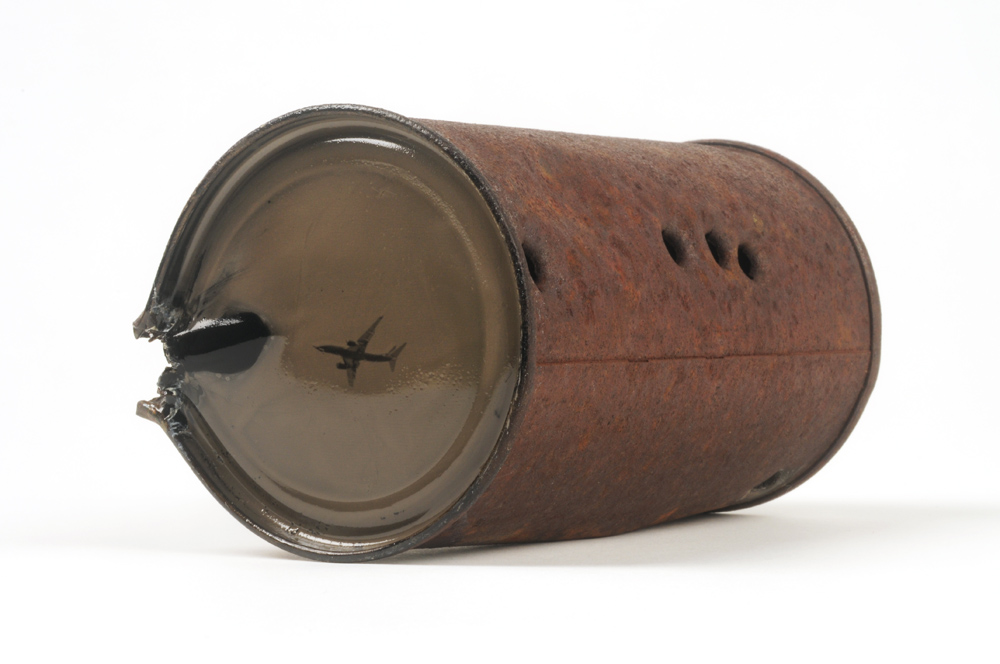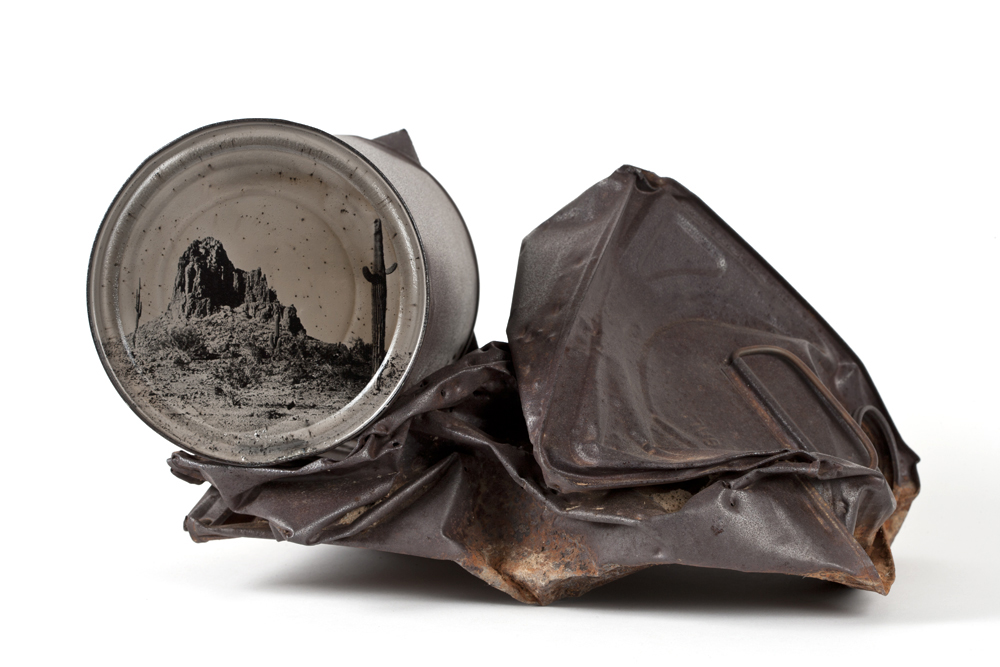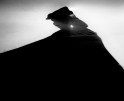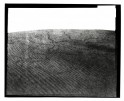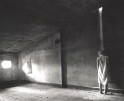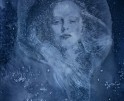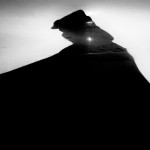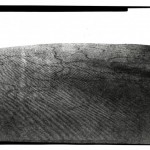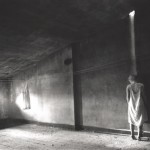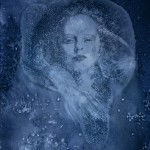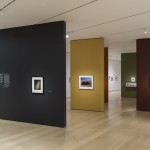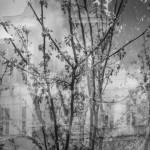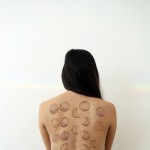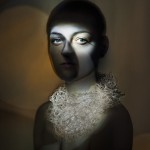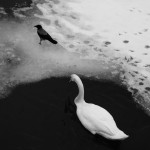David Emitt Adams: Conversations with History
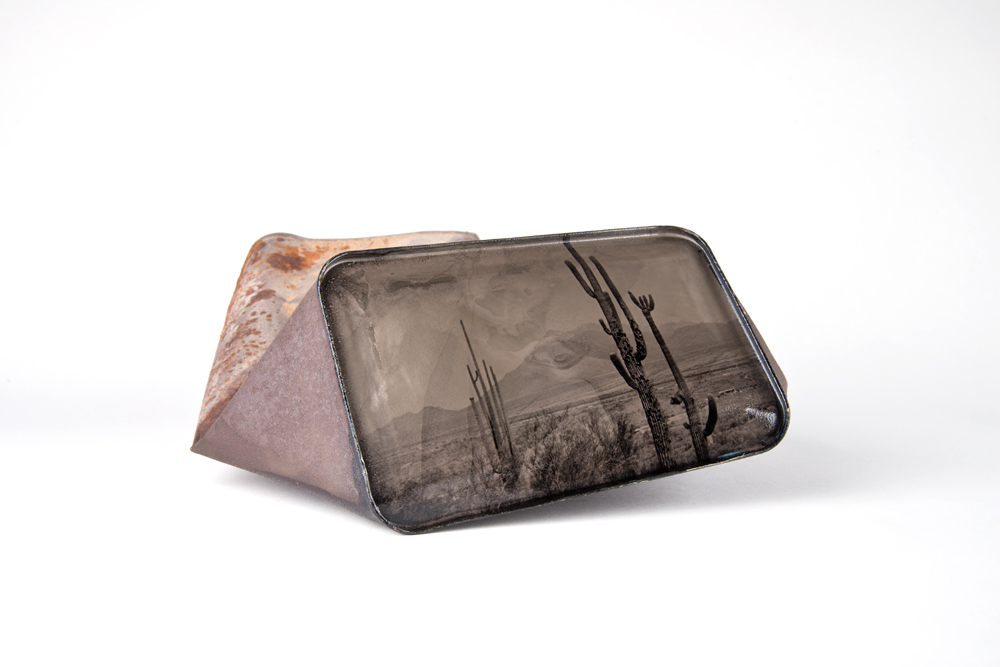 As someone with my own secret cache of trash that I found in the desert, I was immediately drawn to David Emitt Adams’ latest series of meticulously crafted tintypes entitled Conversations with History. You may remember our previous LENSCRATCH feature on David in 2012 where he used the wet-plate collodion process to print portraits of his photography class students on discarded film canisters. That project helped set off a creative spark that led him further down the path of turning his vintage can collection into photographic treasures. David was born in Yuma, Arizona and has an affinity with the desert that keeps drawing him back despite a globetrotting childhood with State Department parents. Anyone who has spent time in the deserts of the American West knows that the barren nature of the environment leaves few hiding places for the detritus of history. David says it best, “I have never known this landscape without the forgotten debris of urban sprawl. Today, the notion of land untouched by the hand of man is so foreign it might as well be make-believe.” The history of the desert has a strong photographic legacy of which David is keenly aware. “I have explored this landscape with an awareness of the photographers who have come before me, and this awareness has led me to pay close attention to the traces left behind by others.” Some of those “traces” have been collected by David and make up treasure trove of vintage cans, some nearly forty years old. These rusty relics have taken on a new life as objects d’art. David describes them like this, “the rich patina is the evidence of light and time, the two main components inherent in the very nature of photography.” After adding some wet-plate collodion chemistry to the “light and time,” David has transformed his collection of desert discards into “objects that have history as artifacts and hold images connected to their locations.”
As someone with my own secret cache of trash that I found in the desert, I was immediately drawn to David Emitt Adams’ latest series of meticulously crafted tintypes entitled Conversations with History. You may remember our previous LENSCRATCH feature on David in 2012 where he used the wet-plate collodion process to print portraits of his photography class students on discarded film canisters. That project helped set off a creative spark that led him further down the path of turning his vintage can collection into photographic treasures. David was born in Yuma, Arizona and has an affinity with the desert that keeps drawing him back despite a globetrotting childhood with State Department parents. Anyone who has spent time in the deserts of the American West knows that the barren nature of the environment leaves few hiding places for the detritus of history. David says it best, “I have never known this landscape without the forgotten debris of urban sprawl. Today, the notion of land untouched by the hand of man is so foreign it might as well be make-believe.” The history of the desert has a strong photographic legacy of which David is keenly aware. “I have explored this landscape with an awareness of the photographers who have come before me, and this awareness has led me to pay close attention to the traces left behind by others.” Some of those “traces” have been collected by David and make up treasure trove of vintage cans, some nearly forty years old. These rusty relics have taken on a new life as objects d’art. David describes them like this, “the rich patina is the evidence of light and time, the two main components inherent in the very nature of photography.” After adding some wet-plate collodion chemistry to the “light and time,” David has transformed his collection of desert discards into “objects that have history as artifacts and hold images connected to their locations.”
The Griffin Museum of Photography just wrapped up a successful exhibition of David’s collection. Your next chance to see these cans in person will be at the Colorado Photographic Arts Center in Denver, Colorado, July 10 – August 16, 2014. David’s work is also represented by the Etherton Gallery in Tucson, Arizona. If you are interested in learning first-hand from David about the wet-plate collodion process then make your way to the Penland School of Crafts in Blue Ridge mountains of North Carolina where he will be leading a week long workshop October 19-25, 2014.
Conversations with History
As long as people have been in the American West, they have found its barren desert landscapes to be ideal for dumping garbage and forgetting. I was born in Yuma, Arizona in 1980 and I have never known this landscape without the forgotten debris of urban sprawl. Today, the notion of land untouched by the hand of man is so foreign it might as well be make-believe.
The deserts of the West have special significance in the history of photography. By the time I became an adult I began to see that the Arizona desert was far different from the scenery once photographed by Timothy O’Sullivan in the 1860s. I have explored this landscape with an awareness of the photographers who have come before me, and this awareness has led me to pay close attention to the traces left behind by others.
I collect discarded cans from the desert floor, some more than four decades old, which have earned a deep reddish-brown, rusty coloration. This rich patina is the evidence of light and time, the two main components inherent in the very nature of photography. For this body of work, I manipulate these found objects through a labor-intensive 19th century photographic process known as wet-plate collodion. I create images on their surfaces that speak to human involvement with this landscape. The results are objects that have history as artifacts and hold images connected to their locations.
Posts on Lenscratch may not be reproduced without the permission of the Lenscratch staff and the photographer.
Recommended
-
Jonathan Silbert: InsightsFebruary 19th, 2026
-
Olga Fried: Intangible EncountersFebruary 18th, 2026
-
Anne McDonald: Self-PortraitsFebruary 17th, 2026
-
Review Santa Fe: Elizabeth Z. Pineda: Sin Nombre en Esta Tierra SagradaFebruary 6th, 2026
-
Carolina Baldomá: An Elemental PracticeJanuary 5th, 2026

